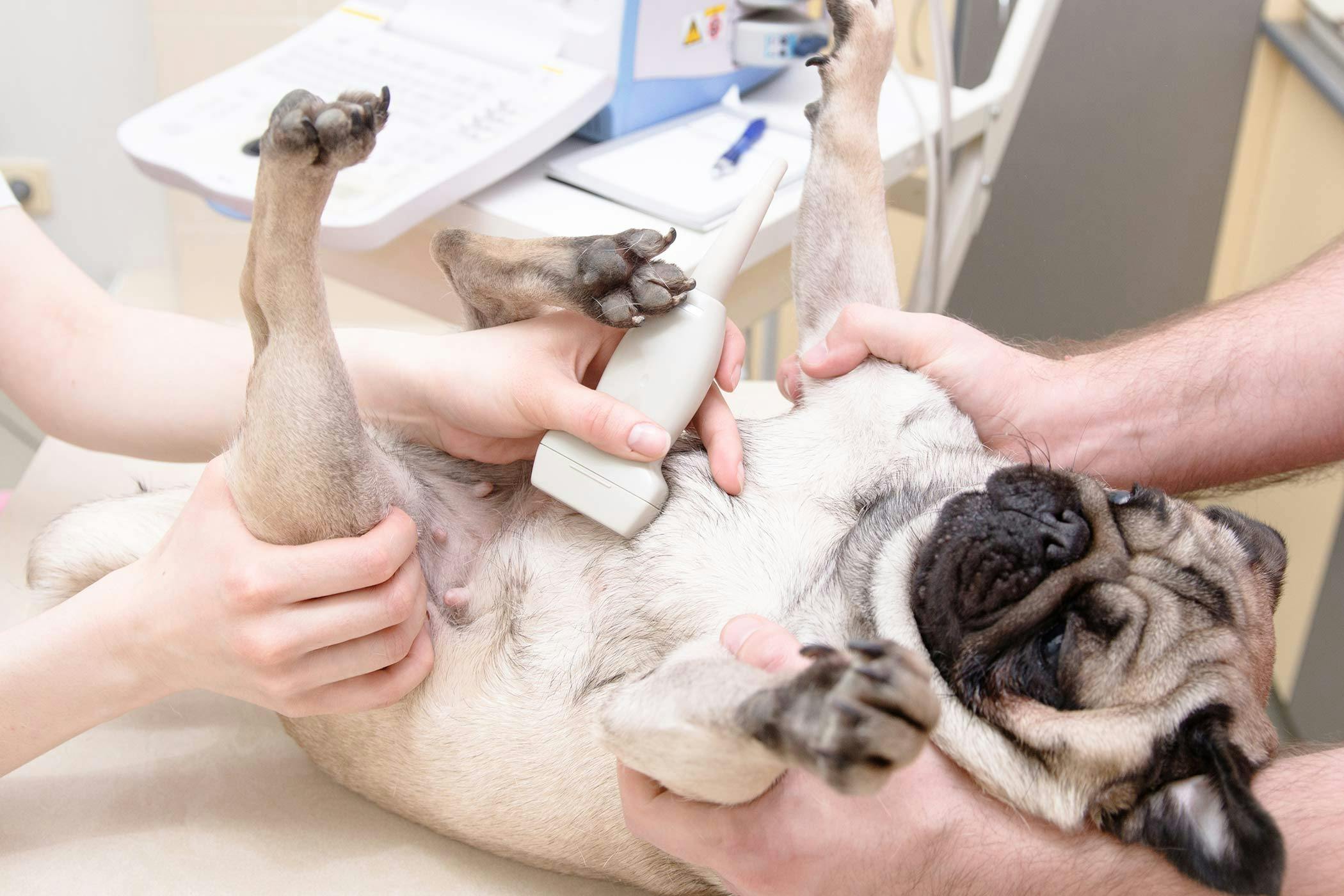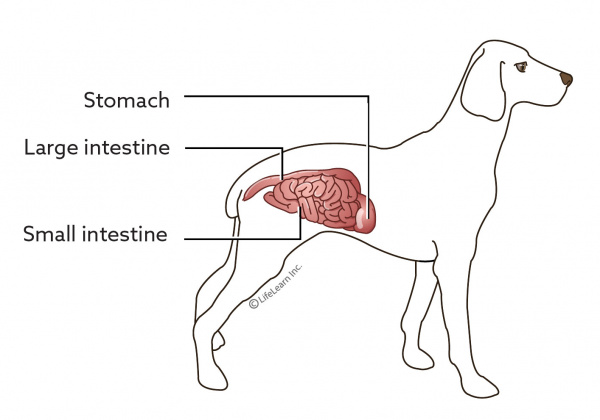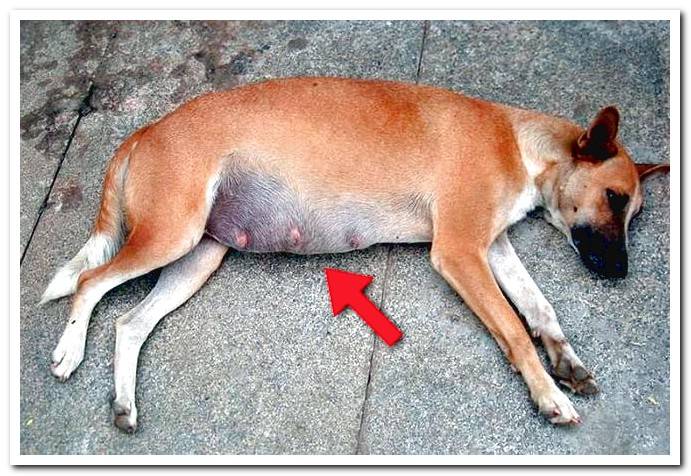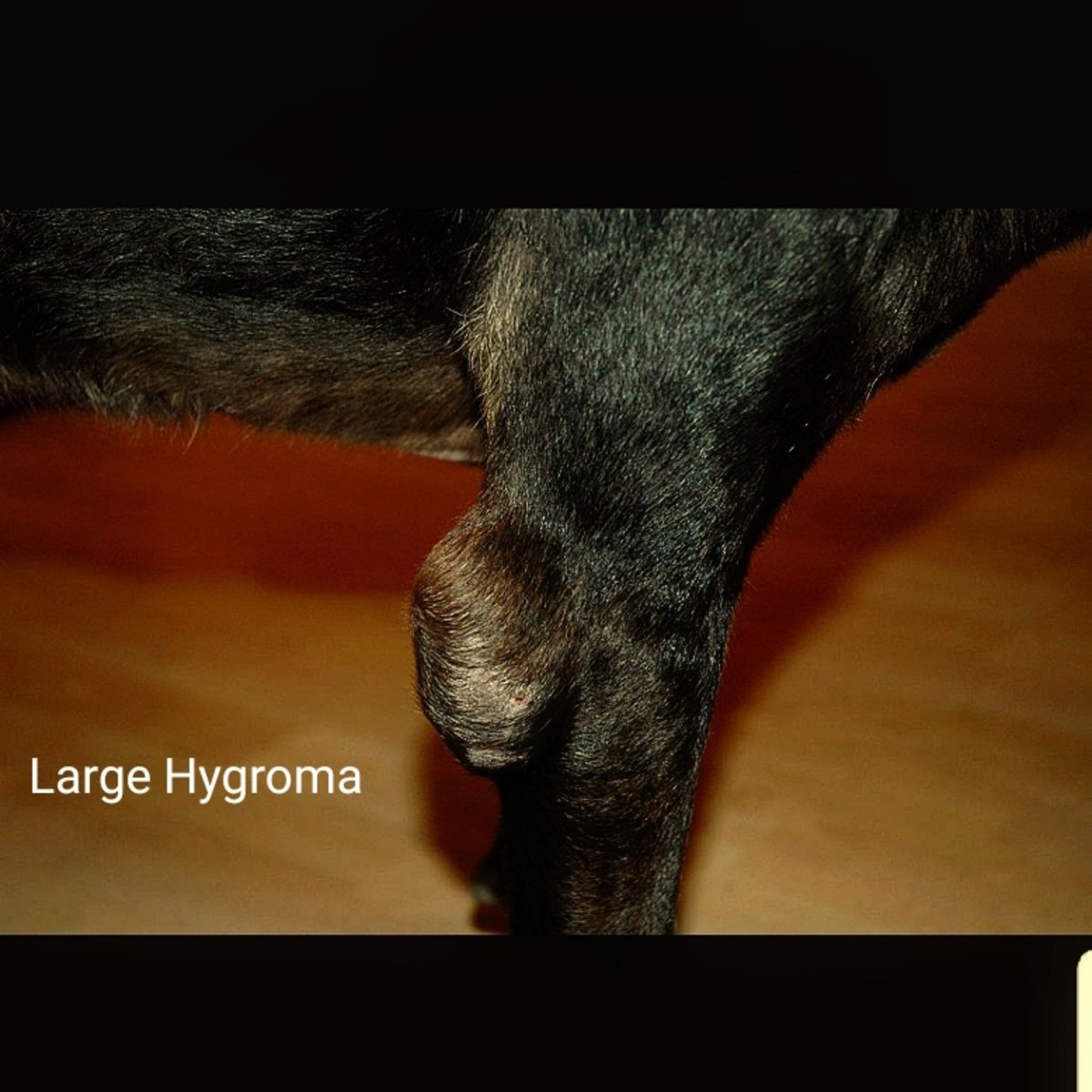Inflamed stomach in dogs
Inflamed Stomach In Dogs. There are many reasons why your dog may experience ascites. Enteritis is an inflammation of the small intestine and is caused by a wide range of potential problems. Dog inflammation is a complex biological response of the dogs body tissues to harmful stimuli such as pathogens damaged cells or irritants and is a protective response involving immune cells blood vessels and molecular mediators to repair the body. The vomit may contain foamy yellowish bile especially after the stomach has been emptied.
 The Best Food For Dogs With Ibd Kohapet From kohapet.com
The Best Food For Dogs With Ibd Kohapet From kohapet.com
Proton pump inhibitors can be used in severe cases of stomach ulceration for example. Gastric Dilatation and Volvulus GDV This is one of the most deadly situations your dog can be in if left untreated. That inflammation can occur anywhere from the esophagus to the stomach to the small intestines to the colon. There are many reasons why your dog may experience ascites. Vomiting and diarrhea are common signs of an inflamed irritated stomach and intestines or gastrointestinal upset in dogs and puppies. Its the accumulation of fluid in the abdomen which in turn causes swelling.
The most common causes for stomach swelling in dogs are all serious signs of a potentially fatal internal problem.
If your dogs IBD mainly effects their stomach their primary symptom will be vomiting. If your dogs IBD mainly effects their stomach their primary symptom will be vomiting. Bad food overeating and consuming toxic foods can result in stomach and intestinal inflammation. Enteritis in Dogs. Proton pump inhibitors can be used in severe cases of stomach ulceration for example. The most common causes for stomach swelling in dogs are all serious signs of a potentially fatal internal problem.
 Source: pethelpful.com
Source: pethelpful.com
Enteritis is an inflammation of the small intestine and is caused by a wide range of potential problems. Although signs may appear as mild to start long-term inflammation can lead to pain and damage to the stomach lining. Dogs with gastrointestinal cancer may also have signs of anemia such as pale gums. Parasites bacteria viruses or allergies can all inflame the small intestines of your dog causing diarrhea. What can I give my dog for inflamed stomach.
 Source: petmd.com
Source: petmd.com
Causes of Stomach Intestinal Inflammation. Lets take a look. Other signs that your dog has an upset stomach could include licking lips or licking the air sign of nausea gulping as a way to combat acid reflux loss of appetite and lethargy. Common reasons include heart failure liver disease kidney disease or intestinal diseases. Anti-emetic anti-vomiting medications for example maropitant brand name Cerenia or metoclopramide brand name Reglan fluid therapy if patient is dehydrated.
 Source: wagwalking.com
Source: wagwalking.com
What causes inflammation in a dogs stomach. Many owners will observe dry heaving or gagging after their dog eats or drinks. Dogs are particularly prone to dietary indiscretion which includes the ingestion of spoiled or raw food non-food items such as garbage cat-litter foreign objects plants toxins molds and fungi mushrooms feeding inappropriate foodstuffs such as table scraps or leftovers or being fed large quantities of food. Specifically canine IBD is a condition in which the dogs gastrointestinal lining is constantly being infiltrated by. The most common causes for stomach swelling in dogs are all serious signs of a potentially fatal internal problem.
 Source: youtube.com
Source: youtube.com
Peritonitis in dogs appears when this membrane becomes inflamed either partially in a specific area of the digestive system or generally in the entire abdominal area of the animal this being the most serious diagnosis. If their IBD mainly effects their intestines then their primary symptom will be diarrhea either with or without blood or with and without mucous. The vomit may contain foamy yellowish bile especially after the stomach has been emptied. As dogs age the most common inflammatory disease is arthritis or inflammation of the joints. Its the accumulation of fluid in the abdomen which in turn causes swelling.
 Source: vcahospitals.com
Source: vcahospitals.com
The most common causes for stomach swelling in dogs are all serious signs of a potentially fatal internal problem. Most dogs with gastroenteritis will have intermittent episodes of vomiting and diarrhea. Dogs are particularly prone to dietary indiscretion which includes the ingestion of spoiled or raw food non-food items such as garbage cat-litter foreign objects plants toxins molds and fungi mushrooms feeding inappropriate foodstuffs such as table scraps or leftovers or being fed large quantities of food. Dogs with gastrointestinal cancer may also have signs of anemia such as pale gums. Peritonitis in dogs appears when this membrane becomes inflamed either partially in a specific area of the digestive system or generally in the entire abdominal area of the animal this being the most serious diagnosis.
 Source: wagwalking.com
Source: wagwalking.com
Inflammation in Dogs. Acute gastritis occurs frequently in the dog. Stomach swelling in dogs can also result from the dog eating too much all at once internal bleeding due to trauma or a ruptured mass intestinal obstruction or tumors. Gastric Dilatation and Volvulus GDV This is one of the most deadly situations your dog can be in if left untreated. When it comes to long-term inflammation the causes can vary.
 Source: caninejournal.com
Source: caninejournal.com
Abdominal pain and the accumulation of fluid in the abdomen can suggest that an abdominal infection associated with the rupture of an affected bowel has occurred. What can I give my dog for inflamed stomach. Dogs with gastrointestinal cancer may also have signs of anemia such as pale gums. Proton pump inhibitors can be used in severe cases of stomach ulceration for example. Stomach Swelling in Dogs The Four Most Common Causes.
 Source: petmd.com
Source: petmd.com
Anti-emetic anti-vomiting medications for example maropitant brand name Cerenia or metoclopramide brand name Reglan fluid therapy if patient is dehydrated. Short-term inflammation is extremely common in dogs often caused by what your dog is eating. Parasites bacteria viruses or allergies can all inflame the small intestines of your dog causing diarrhea. The vomit may contain foamy yellowish bile especially after the stomach has been emptied. Symptoms of Long-Term Stomach Inflammation in Dogs Intermittent or persistent vomiting that lasts 7 days or more is considered chronic.
 Source: kohapet.com
Source: kohapet.com
The vomit may contain foamy yellowish bile especially after the stomach has been emptied. Inflammation in Dogs. Common reasons include heart failure liver disease kidney disease or intestinal diseases. Stomach swelling in dogs can also result from the dog eating too much all at once internal bleeding due to trauma or a ruptured mass intestinal obstruction or tumors. Other signs that your dog has an upset stomach could include licking lips or licking the air sign of nausea gulping as a way to combat acid reflux loss of appetite and lethargy.
 Source: dogsis.com
Source: dogsis.com
Abdominal pain and the accumulation of fluid in the abdomen can suggest that an abdominal infection associated with the rupture of an affected bowel has occurred. Anti-emetic anti-vomiting medications for example maropitant brand name Cerenia or metoclopramide brand name Reglan fluid therapy if patient is dehydrated. Lets take a look. Enteritis in Dogs. Blood in a dogs stool indicates a loos and significant inflammatory response requiring a veterinarians attention but it can be cause by a.
 Source: wagwalking.com
Source: wagwalking.com
Short-term inflammation is extremely common in dogs often caused by what your dog is eating. Enteritis in Dogs. If your dogs IBD mainly effects their stomach their primary symptom will be vomiting. If their IBD mainly effects their intestines then their primary symptom will be diarrhea either with or without blood or with and without mucous. Its the accumulation of fluid in the abdomen which in turn causes swelling.
 Source: vcahospitals.com
Source: vcahospitals.com
Parasites bacteria viruses or allergies can all inflame the small intestines of your dog causing diarrhea. Ascites is another reason your dogs stomach may appear swollen. If your dogs IBD mainly effects their stomach their primary symptom will be vomiting. Overview and Risk Inflammatory bowel disease IBD is a condition that results when your dogs immune system turns against the lining of her gastrointestinal GI tract causing an issue with the absorption of nutrients and ability to digest food properlyThis wreaks havoc on your dogs entire GI system and can impact the stomach and upper small intestine causing. Common reasons include heart failure liver disease kidney disease or intestinal diseases.
If you find this site adventageous, please support us by sharing this posts to your own social media accounts like Facebook, Instagram and so on or you can also save this blog page with the title inflamed stomach in dogs by using Ctrl + D for devices a laptop with a Windows operating system or Command + D for laptops with an Apple operating system. If you use a smartphone, you can also use the drawer menu of the browser you are using. Whether it’s a Windows, Mac, iOS or Android operating system, you will still be able to bookmark this website.





